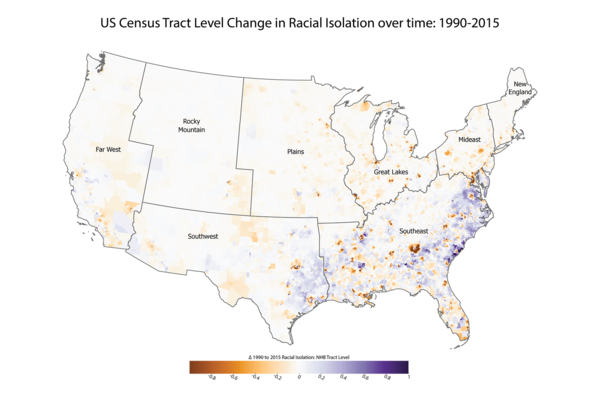Powering Research Through Innovative Methods for Mixtures in Epidemiology (PRIME)

The central objective of this project is to develop new data architecture, statistical, and machine learning methods to assess how exposure to environmental mixtures shapes educational outcomes in the presence or absence of social stress.
This research focuses on air pollution mixtures, childhood lead exposure, and social stressors in North Carolina, a state characterized by diverse environmental features, industrial activities, and airsheds typified by varying pollution emission sources and resulting pollutant mixtures.
This work leverages a rich array of data resources available in the CEHI DataHub and allows tracking of children across space and time. The CEHI team brings tools from modern data science (hierarchical Bayesian methods with variable selection, spatial point process models, machine learning) to bear on the critical question of how environmental mixtures shape child outcomes directly and differentially in the presence of social stress.